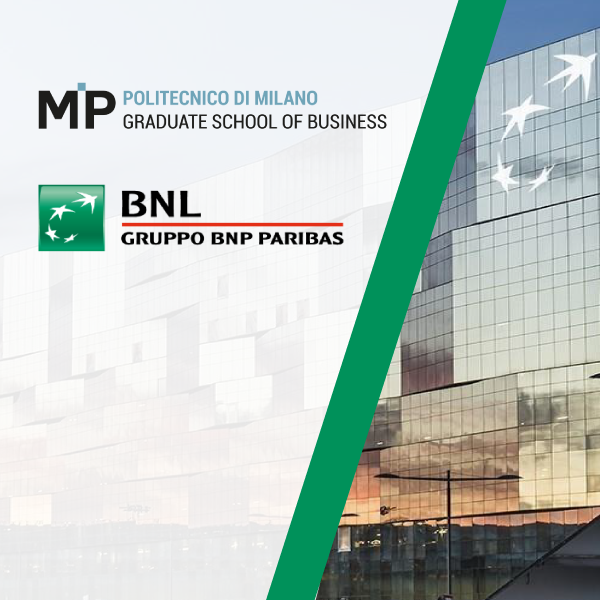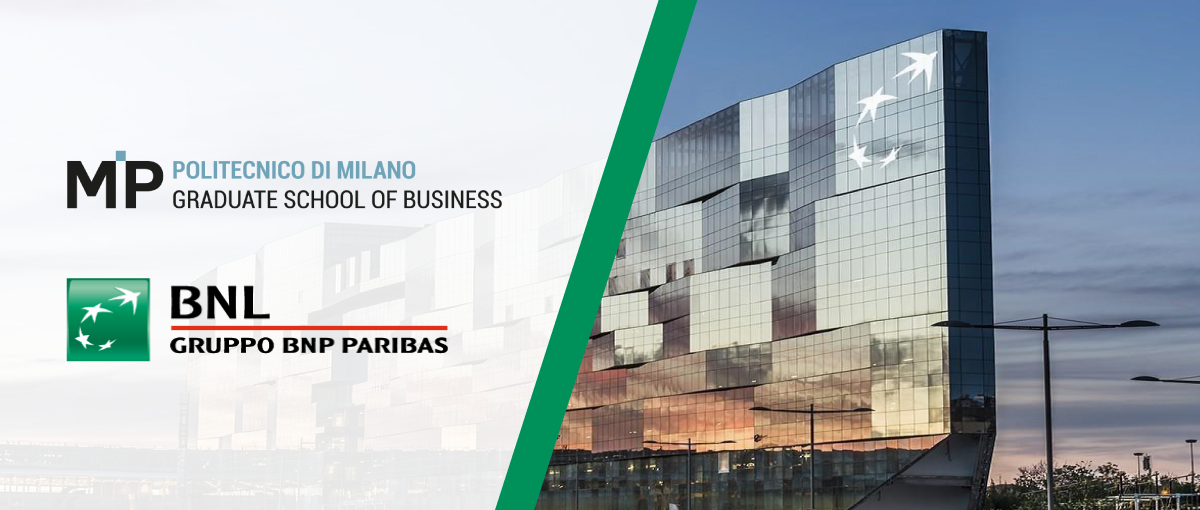
Many Online MBA programs now include a variety of periodic residential modules. This blended format helps students forge valuable connections with students and professors, but without having to sacrifice personal and professional commitments.
The “bricks and clicks” format has been adopted by many of the world’s leading Online MBA programs. At some institutions, core courses are competed on campus, while in other cases, online students have the option to take electives on campus and deepen their knowledge in diverse fields such as finance, real estate, or entrepreneurship.
Students often study alongside candidates from other degree programs including the full-time MBA and Executive MBA courses. There could also be executive speaker sessions too, and a variety of social events.
These experiences are sometimes rolled into the tuition fees, but other programs charge students extra for them. They are generally available on a first-come, first-serve basis, with limited availability for places.
Typically, residential experiences are offered at the beginning of the Online MBA so that students can build up a rapport, or at the end as part of a capstone course where they put the theory into practice. Sometimes, they are offered in multiple global locations as well as the school’s main campus. […]
Students on the Online MBA program at MIP, which is focused on digital transformation, visit the innovation centers of the business school in Milan. They also go on company visits to leading technology companies such as Amazon and Microsoft. There’s also a bootcamp on digital transformation, while students can also go on international exchanges to visit the campuses of other business schools across the world.
























